Z Machine, SANDIA
When Blockchain Meets
the Physical World
Laurent Hardy
do not
trust
me
do research, learn the technology,
test the product, engage with the community, compare with other projects, read the documentation, look for red flags

blockchain

title, contract, permits

data stream

credentials, authorisations, access
How to establish an external source of information as trustworthy?
you don't!
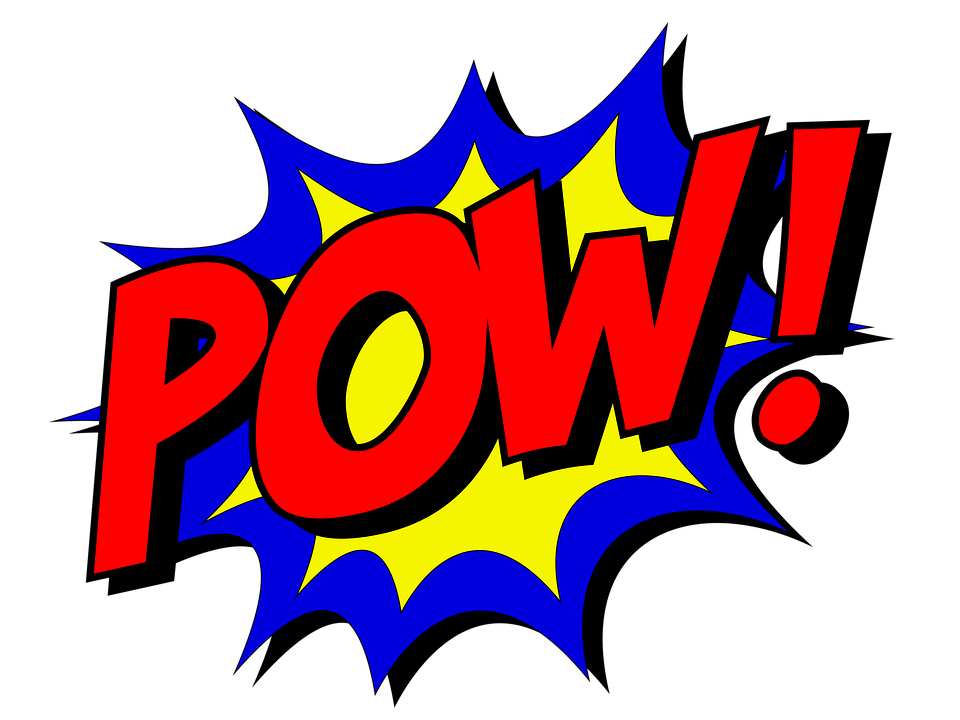
Digital jurisdiction
The scope of the project is limited to the infrastructure.
No connection to the physical economy.
For a business, no legal liability to other businesses nor to users.
For users, no legal recourse other than those provided by the digital platform.
Other jurisdictions
The scope of the project is global, regardless of the infrastructure, but limited to the jurisdictions the project is active in.
Activities involve actions that are happening outside of the digital sphere.
Business liability and corporate responsibility.






information from oracles
Digital jurisdiction

information from other blockchain(s)

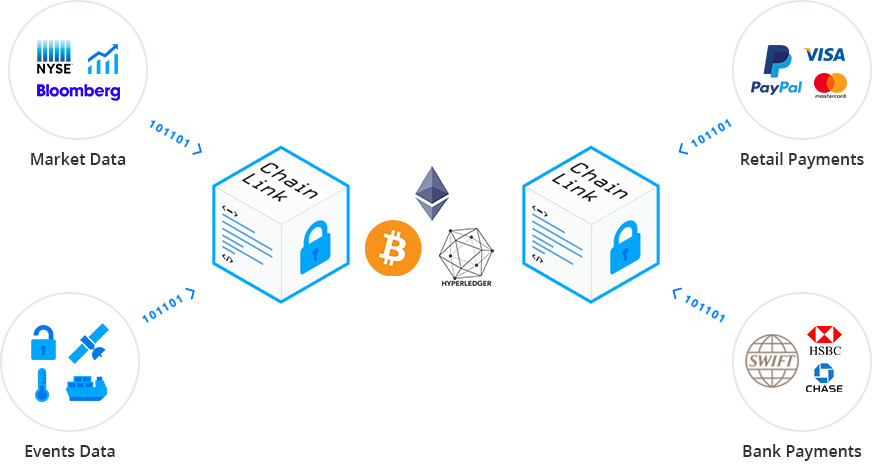
Chain Link
Oraclize
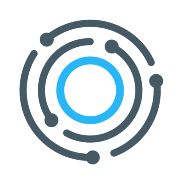
State jurisdictions






information from oracles

information must be legally binding
Origine of Ricardian contracts
Named after David Ricardo (1772–1823)
Originate from early work done by Ian Grigg in the mid-1990s
and developed by Systemics Inc.
“An agreement in the form of a single document that is presented by an issuer to an owner of property, where the ownership right of the owner is managed by the issuer of the document. The document must be clearly legible, just like traditional contracts on paper. In addition, the agreement must be legible by programs and software and be digitally signed, using digital keys and server information, in combination with a unique and secure identification method “.
source: Ricardian contract


Contract
includes all the rules and conditions that are part of the agreement
H[Contract]
Sig[Contract]
Issuer sk
the private key of the issuer of the contract

Hash
a hash of the contract allow to have a unique digital representation
Digital Signitaure
the private key of the issuer of the contract
Issuer
legal authority that manages the ownership rights of the owner
Offer
the signature attached to the contract makes it a legally binding and legible offer



Owner
the owner get his ownership recognised




Interact
the parties can feely interact with each other and with the contract

Resolve Dispute
in case of a problem between the parties, there exists a process to resolve the dispute

Make it better
Use arbitration instead of legacy courts
Make both parties agree to the terms
Use smart code or prose to resolve disputes
Incorporate both world: {prose, code, params}
What is needed
An arbitration association to resolve disputes
A set of legal and smart contracts to enable the transfer of ownership
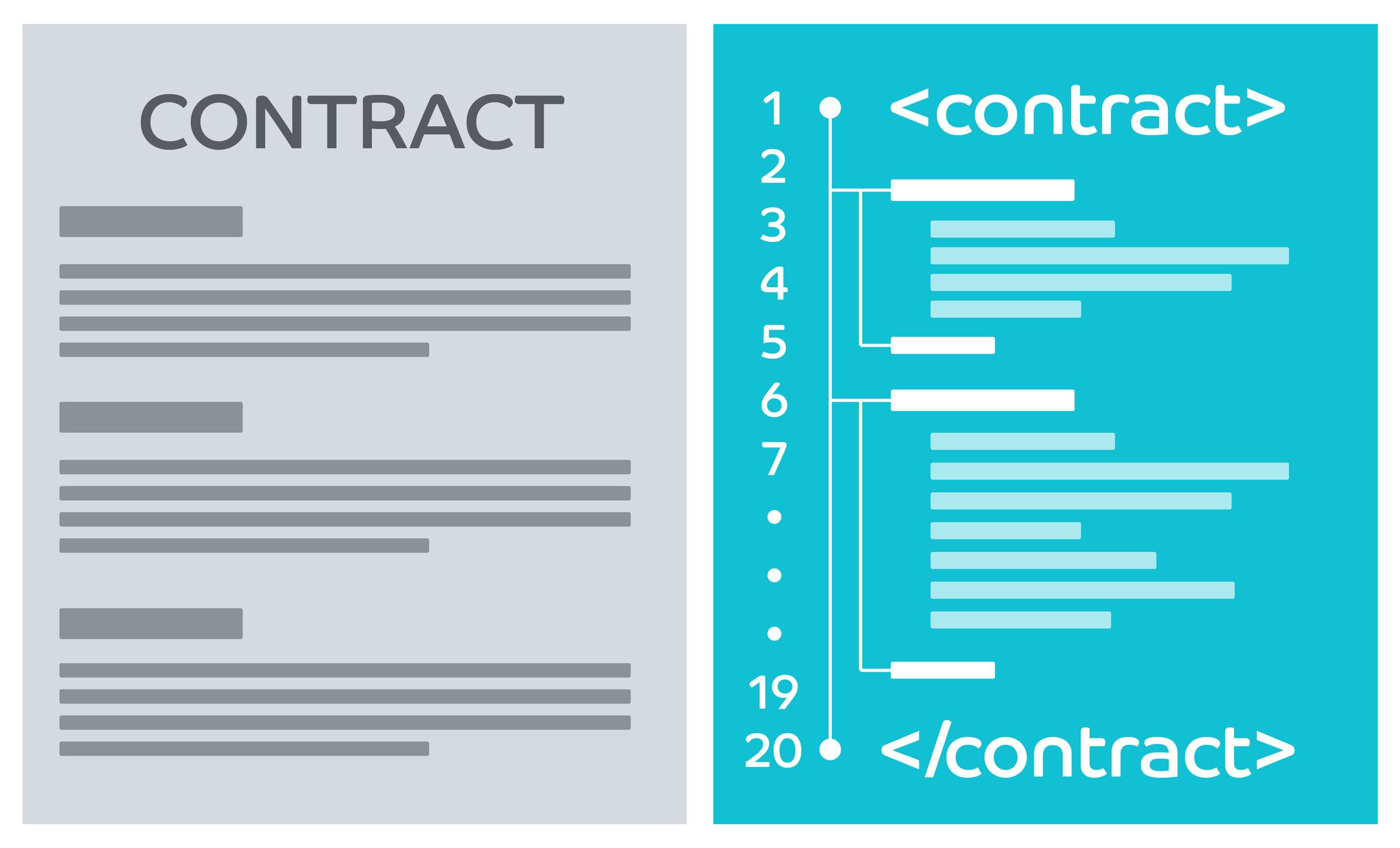
solution?
source: Mattereum draft white paper
example
what happens when the institution which issues loans default
The Internet of Agreements
"We will have met our challenge when we can rent our next car, buy our next house, sell our next startup on the blockchain." (Mattereum)
Mattereum
We are establishing a decentralised commercial arbitration court which can recognize and understand smart contracts.
This means that the legal obligation to transfer value based on the correct execution of a smart contract can be enforced all over the world.
Specifically, this court is recognized as an arbitration court under the 1958 New York Convention, and can therefore make legally binding awards that will be enforced by national courts in nearly all of the countries in the world.
This finally removes the ambiguity about whether or not smart contracts are legally enforceable, and whether fiat property can be handled using blockchains.
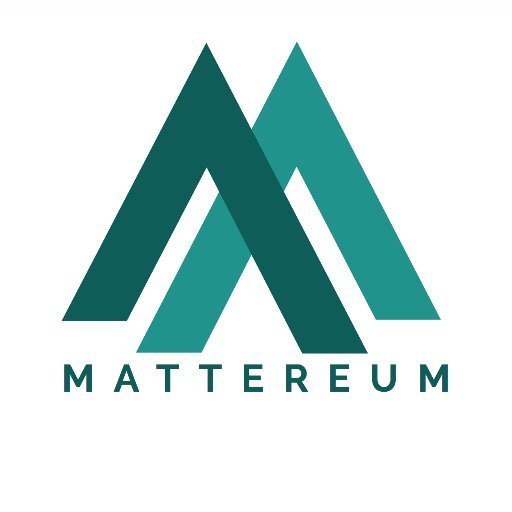
source: The First Mattereum Briefing
source: Kleros website



